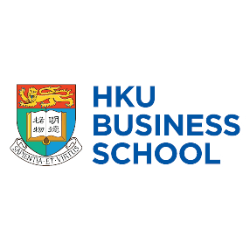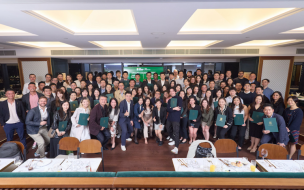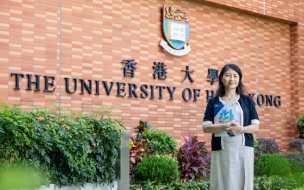Accounting careers typically involve providing financial input into company decisions and communicating with important stakeholders. With opportunities ranging from auditing at a Big Four firm to even working with top financial institutions, it’s no wonder that a Master of Accounting (MAcc) is a highly sought after degree.
As career opportunities in accounting have grown, MAcc degrees have evolved to incorporate a whole host of versatile skills, providing career opportunities across a wide variety of industries. Today, MAcc programs can set you up for success in any number of exciting business roles.
What do you learn in a Master of Accounting?
Most MAcc programs are designed to not only teach students the fundamentals of accounting, but also to provide them with valuable critical thinking and leadership skills.
Typically, an accounting masters will cover core modules, such as financial reporting, advanced management accounting, and research methods. For those looking to further tailor their degree, some courses also offer more specialized electives.
For example, Prasil Chhabra, a recent graduate of the University of Hong Kong Master of Accounting program, which offers a wide range of optional modules, says an elective on the Principles of Management vastly improved his interpersonal skills.
“We learned how we can actually communicate and interact with other stakeholders, with our employees, and with our peers,” he explains.
Some MAcc programs can also place you on the fast track to acquiring the internationally recognized CPA qualification. For Prasil, this was one of the most appealing parts of the HKU program, since passing opens up even more high-paying accounting opportunities around the globe.
What career support is available in a Master of Accounting?
Access to expert career advice and support is one of the top benefits of studying a Master of Accounting. Typically, schools offer support in the form of career information, guidance counseling, and networking events.
For Prasil, having access to the HKU Careers Portal—an online platform where the school publishes job listings for students and alumni—has been integral in shaping his career path.
“I came across job postings on the HKU Career Portal that were not available on external job posting websites, which helped me find out what I want to do.”
HKU also provides students with one-on-one career coaching, where each student can have up to three sessions per year with senior executives from various career backgrounds. Prasil says this is a great way to gain industry knowledge.
“They may be from banking, or from consulting. You can choose who you want to talk to and gain more insights into that industry.”
HKU also provides various workshops where students can improve their CVs and LinkedIn profiles, as well as practice their interviewing skills.
“They also had all these connection activities,” Prasil continues. “A company like PwC would come in to give a talk. Then you could connect with them and maybe learn some more.”
Where do Master of Accounting grads land jobs?
Having a MAcc degree opens doors into a multitude of lucrative careers at top companies.
Just over half of graduates from the HKU MAcc program go on to work in the banking and finance industry, while 20% proceed to work in professional services.
High-earning positions available in banking and finance include public accounting, auditing, project accounting, and becoming a cost accountant, which are all roles that are integral in a company’s financial decision making.
Another benefit of completing an accounting masters is that it can position graduates to look at taking up different job roles.
There are also other specialized roles available, such as working as a government tax examiner or entering the field of forensic accounting—where you can investigate financial crimes such as tax fraud.
Equally, going into professional service accounting is a good route for those who want to work independently. Accountants in this field work contractually for a range of clients to deliver tailored services.
Prasil, who is currently a senior accountant at Daniel Wellington in Hong Kong, feels studying at HKU has given him the necessary skillset to broaden his career horizon.
“When I joined this company as a junior accountant, I thought that accounting would be my end goal,” he says. “But during this program I did courses about financial statements analysis. I realized I could use these skills to maybe change to a financial analysis position. It gave me more confidence in my capability.”








